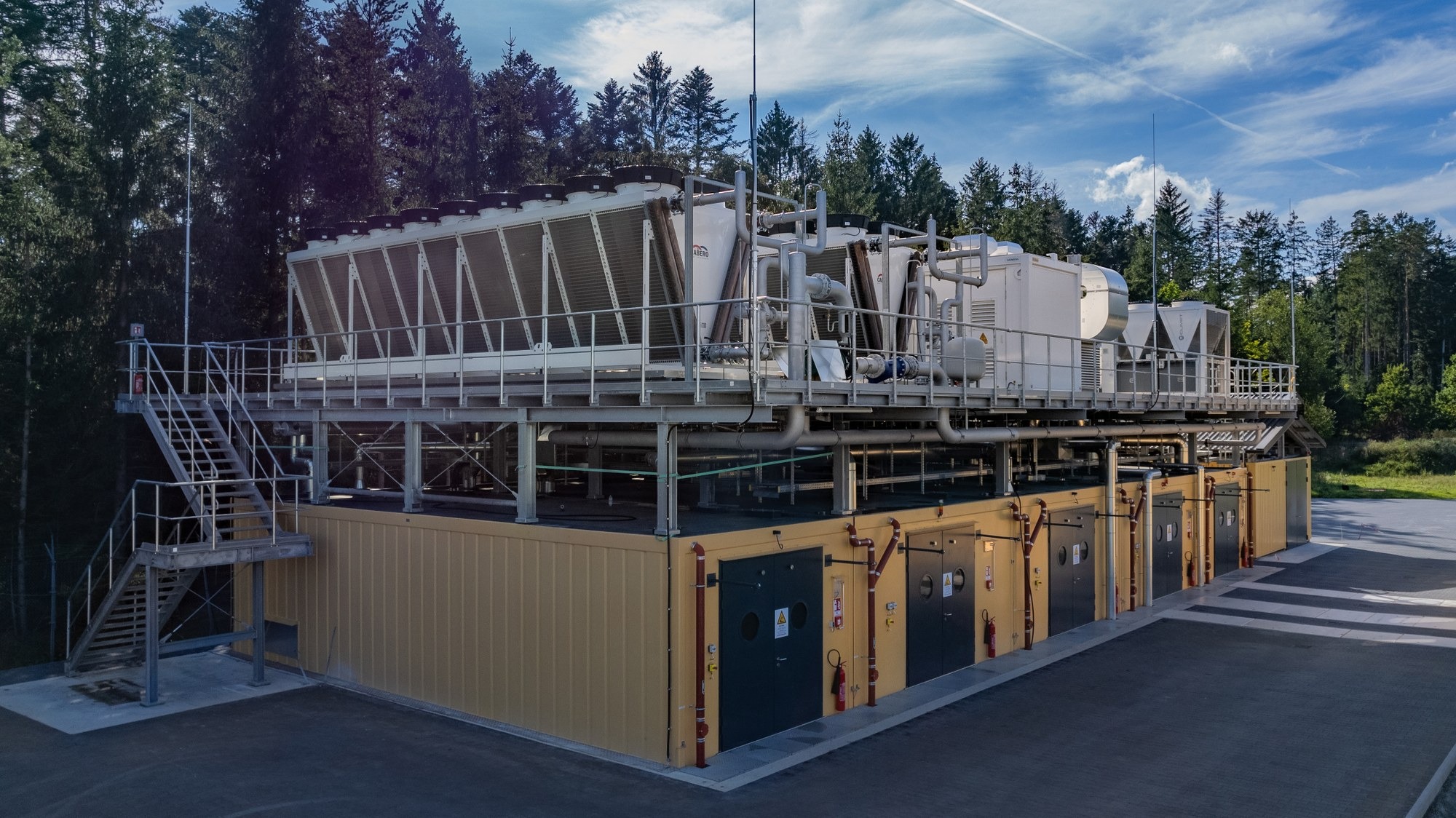On October 28, 2024, the German Aerospace Center (DLR) celebrated the grand opening of the BALIS test facility in Empfingen, marking a significant milestone in hydrogen fuel cell technology. The state-of-the-art BALIS infrastructure enables the development and testing of groundbreaking fuel cell propulsion systems with outputs reaching the megawatt range. While such systems are not yet commercially available, they hold transformative potential for CO2-free mobility, especially in applications like maritime propulsion and, in the future, aviation.
The BALIS project, situated at the Innovation Campus of the E2U Empfinger Entwicklungszentrum für Umwelttechnologie, focuses on advancing fuel cell technology to achieve around 1.5 megawatts of output. By harnessing green hydrogen from renewable sources, DLR’s innovations aim to make zero-emission transport a reality, aligning with global climate goals. The Federal Ministry for Digital and Transport has committed €26 million to support the facility, which welcomed representatives from government, industry, and academia at its launch.
Karsten Lemmer, DLR’s Executive Board Member for Innovation, emphasized the importance of collaboration: “Facilities like BALIS facilitate invaluable dialogue between research and industry. Together, we can advance new technologies from concepts to commercially viable solutions.” Highlighting the complex pathway to certifying hydrogen-powered systems for aviation, Lemmer noted that BALIS provides the essential infrastructure to drive this innovation forward.
Beyond testing, DLR is constructing its own prototype propulsion system at the megawatt scale, which includes fuel cells, hydrogen storage, electric motors, and power electronics. This setup allows for comprehensive testing of high-output fuel cells, offering valuable insights for sectors requiring robust, efficient, and lightweight power solutions, particularly in heavy-duty applications.
The BALIS facility is already fully booked for three years, collaborating with a diverse array of companies, from start-ups to established global entities in the energy and aviation sectors. Industry partners such as H2FLY, PowerCell, Compact Dynamics, and Air Liquide are all key collaborators, as are prominent aviation players like Diehl Aviation, GE Aerospace, and Deutsche Aircraft.
With a unique modular design that enables in-depth analysis of fuel cells, electric motors, and refueling technologies, the BALIS facility is positioned to accelerate hydrogen’s role in sustainable transport, pushing boundaries in fuel cell research and industry adoption.


